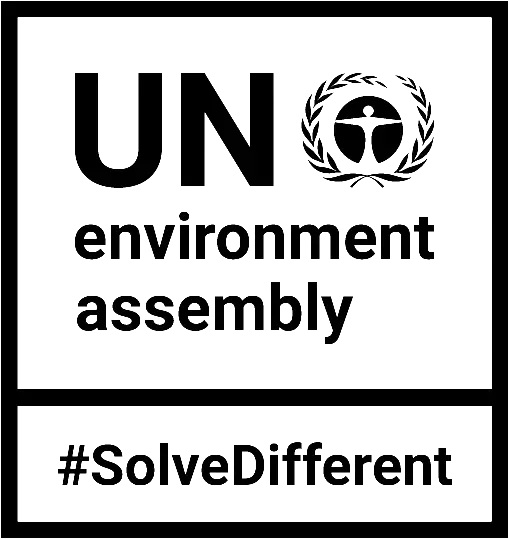The United Nations Environment Assembly is the world’s highest-level decision-making body on the environment. It addresses the critical environmental challenges facing the world today. Understanding these challenges and preserving and rehabilitating our environment is at the heart of the 2030 Agenda for Sustainable Development. The Environment Assembly meets biennially to set priorities for global environmental policies and develop international environmental law. Through its resolutions and calls to action, the Assembly provides leadership and catalyses intergovernmental action on the environment. Decision-making requires broad participation, which is why the Assembly provides an opportunity for all peoples to help design solutions for our planet’s health. This year it took place between the 11th and 15th of March in Nairobi, Kenya under the theme ‘Innovative solutions for environmental challenges and sustainable consumption and production’, under which the following three focus areas were addressed:
(a) environmental challenges related to poverty and natural resources management, including sustainable food systems, food security and halting biodiversity loss;
(b) life-cycle approaches to resource efficiency, energy, chemicals and waste management; and (c) innovative sustainable business development at a time of rapid technological change.
At this occasion, the progress in the implementation of resolution 2/12 on sustainable coral reefs management, and the analysis of global and regional policy conservation and sustainable management of warm-water coral reef ecosystem were presented. A new resolution on coral reefs was also adopted and is available here (PDF).
Source: UN Environment website
